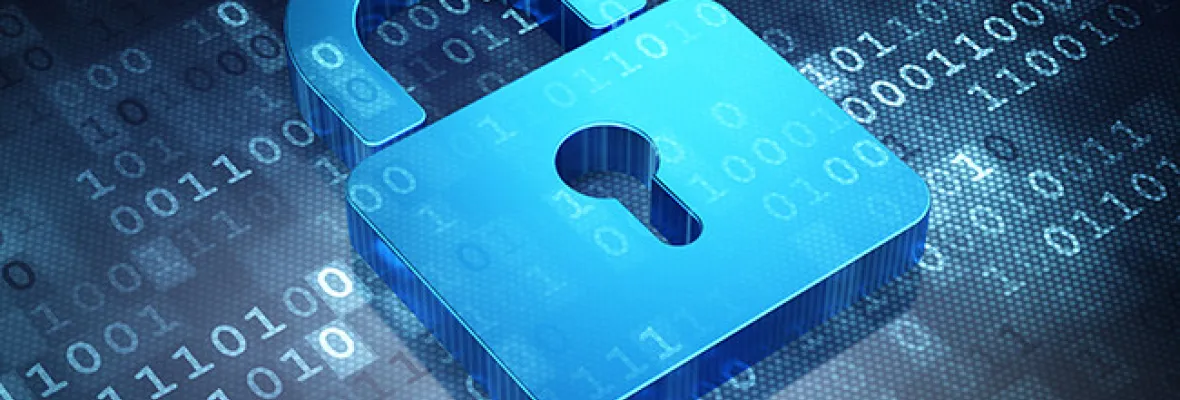As our society grows increasingly dependent on electronic networks for managing everyday life, running our economy, and defending the nation, cybersecurity has become one of our most pressing challenges.
Can we protect the power grid, telecommunication networks, financial data, “smart” products, and our private information, while still enjoying the benefits technology affords us?
AAU universities are helping answer that question, leading the way with multidisciplinary research, technology development, and education.
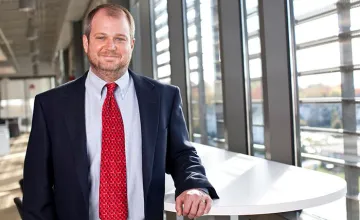
Martin Swany, a professor and chair of the Department of Intelligent Systems Engineering at Indiana University Bloomington, answers questions about his work with thermal imaging and electromagnetic probes.
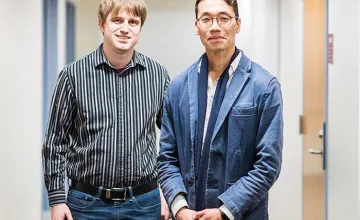
Two Boston University computer scientists have developed a tool that could make it harder for hackers to find their way into networks where they don’t belong.
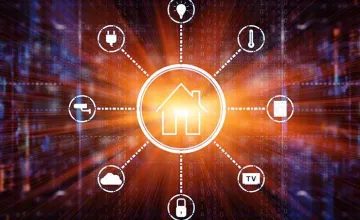
Researchers at Stanford University have developed a new system for aggregating usage reports from personal devices that emphasizes maintaining the user's privacy.
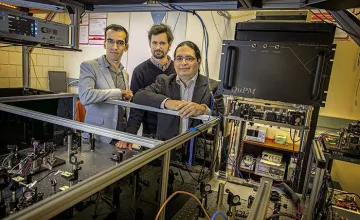
A team of researchers at Stony Brook University has developed a technology and prototype device based on quantum mechanics designed to prevent network hacking.
Explore More: Safeguarding the Connected World
You can sort by specialty area and/or by university.
Researchers are studying how human voices are unique to help identify devices on electrical grid control networks, using their unique electronic “voices” to determine which signals are legitimate and which signals might be from attackers.
Georgia Institute of Technology | Protecting Systems | Safeguarding the Connected World | University Research
Cyber thieves who steal credit and debit card numbers are making millions of dollars in profits, fueling a global criminal enterprise marked by the high-profile data breaches of major companies such as Target and Home Depot.
Vitaly Shmatikov thinks computer security experts and pranksters have a lot in common. “The nice thing about being a security researcher,” he says, “is that you’re sort of paid to be a troublemaker. You are kind of paid to do things that other people don’t want to do and don’t want to think about. For a certain type of personality, this is a very good match.”
Can unpredictability protect computers against malware? We want our computers to perform the way we expect. But what if the key to defeating malware is introducing a bit of chaos? We want our computers to perform the way we expect. But what if the key to defeating malware is introducing a bit of chaos?
University of Florida | Protecting Individual Data | Protecting Systems | Safeguarding the Connected World
Rice University published a series of four articles as part of National Cybersecurity
Awareness Month to educate students, faculty and staff how to stay safe and be a
conscientious Internet user.
